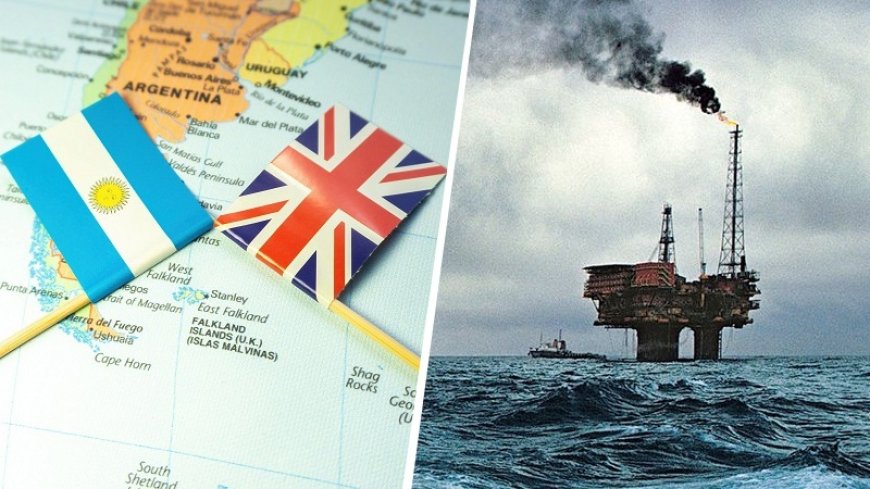Britain and Israel Eye Malvinas Islands' Oil Reserves Amid Sovereignty Dispute with Argentina
Controversial Plans to Extract 500 Million Barrels of Oil

In a contentious move, the British government has unveiled plans to extract at least 500 million barrels of oil from the Malvinas Islands, also known as the Falklands. This archipelago, claimed by Argentina, has been a point of international dispute for decades. The British government asserts its sovereignty over the islands, but Argentina vehemently opposes this, citing historical claims.
An official report published by the British government, highlighted in The Telegraph, outlines the plan to exploit the oil reserves in the Leones Marinos field within the Malvinas Islands. This field is reported to contain an estimated 1.7 billion barrels of oil, significantly larger than the Rosebank oil field off northwest Scotland, which holds about 300 million barrels.
Beneficiaries of the Oil Profits
According to Pars Today, the primary beneficiaries of this oil extraction are expected to be shareholders in Israel and the United States. The Israeli company Navitas Petroleum currently controls the oil field in question. British media reports suggest that if the local inhabitants of the Malvinas Islands agree to these exploitation practices, the majority of the profits will flow to Israeli and American investors.
Argentina's Response and Historical Context
Argentina has previously filed complaints against Navitas Petroleum, particularly during the tenure of former President Alberto Fernández. The Malvinas Islands, known in the UK as the Falklands, were seized by British forces in 1833 and have remained under British control since then. The sovereignty dispute has been a persistent issue in Argentine-British relations.
Strategic Importance of the Malvinas Islands
Experts argue that Britain's interest in the Malvinas Islands extends beyond oil. The islands are located near one of the world's five strategic maritime straits, enhancing their geopolitical significance. Britain's control over the Malvinas also supports its claims to a substantial portion of Antarctica and the surrounding fisheries. The presence of rich oil and gas resources in the region's coastal waters further amplifies the strategic value of the islands.
Implications for International Relations
The planned oil extraction has stirred significant controversy, with potential repercussions for international relations. Argentina views Britain's actions as a continuation of colonial exploitation, while Britain maintains that its sovereignty over the islands is legitimate. The involvement of Israeli and American shareholders adds another layer of complexity to the issue, potentially influencing diplomatic dynamics among these nations.
As the situation unfolds, the geopolitical and economic implications of the oil extraction plans on the Malvinas Islands will be closely watched by the international community. The outcome could have far-reaching effects on the region's stability and the broader discourse on territorial sovereignty and resource exploitation.













































